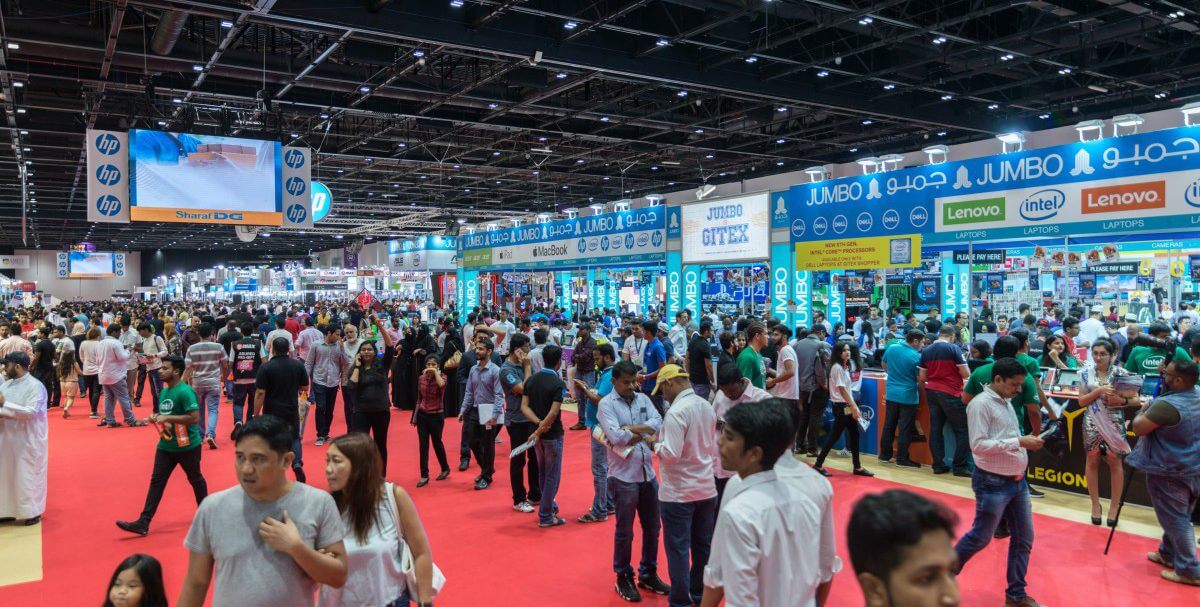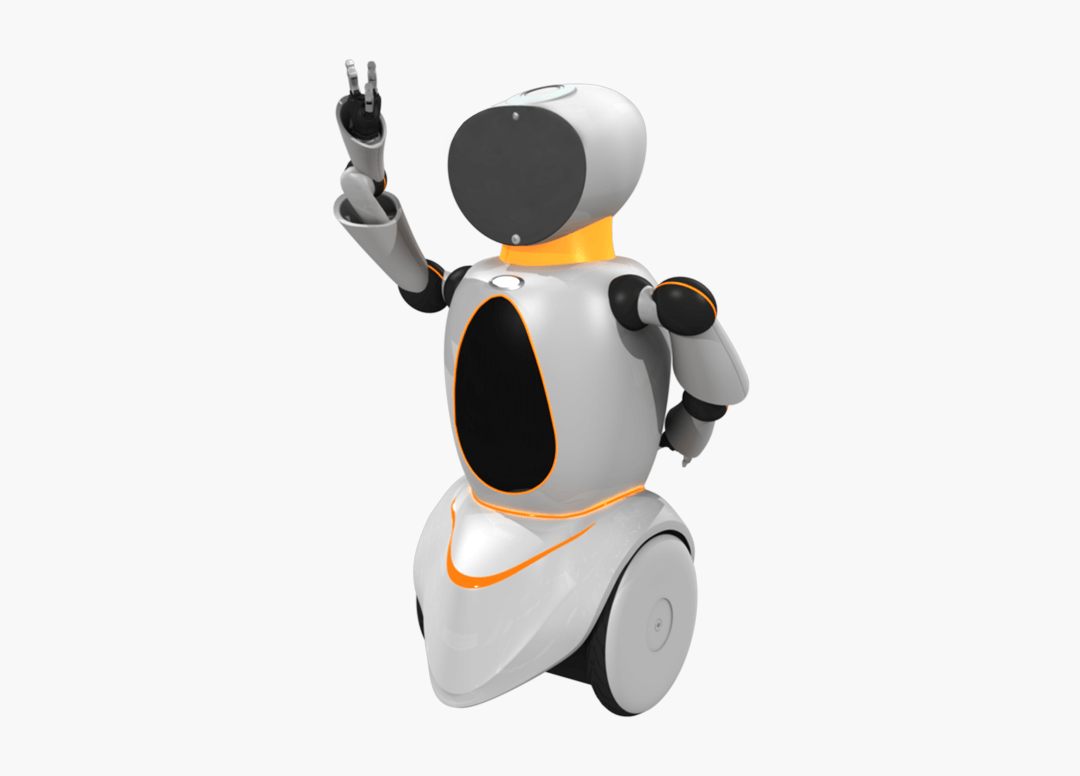
GITEX 2017: Autonomous vehicles and robotics, but in the real world, with DIDRIVERS

The world certainly has its fair share of technology exhibitions. From the consumer-oriented Mobile World Congress to the specialist industry tech-focussed Web in Travel, each one has its particular niche.
A lot of organizations use these events to showcase the absolute latest in their R&D canon – the tech versions of the concept car in the automotive market if you will. A great deal of what is showcased emanates from university research labs, operating in laudable joint ventures with the private sector.
What’s happening now at GITEX 2017 is a bit different. GITEX is a Dubai showcase, currently underway, for all that’s new and exciting in the world of tech. But, you only have to look at some of the tech industry areas that the event’s concerned with to see a business focus – smart manufacturing and fintech, for starters.
With a good pedigree in business-oriented tech, GITEX is indubitably the best place for London-based DIDRIVERS to present its wares. DIDRIVERS is a system of DigiRobotics, is the leading advanced robotics and automation company based in Dubai, UAE to deliver autonomous vehicles and advanced robotics, of all shapes and sizes for industrial automation – you can see their extensive portfolio of products here.
But what sets DIDRIVERS from the rest of the R&D-fuelled technology pack is their real-world, commercial, business-oriented concerns. AI & autonomy are all well and good in the university research lab, and may serve to spark the imagination, but unless commercial traction can be found, the newest tech will simply founder on the rocks of the realities of finance.

Founded in 2016 by Dr. Rafiq Swash, the company’s intellectual weight is undeniable. Consultative academic expert advisory panel from leading universities of UK in the area of Intelligent Systems, real-time computing, communications & robotics.
Dr. Swash is concerned with business realities: for example, 3D printing. It was of interest to Swash not because it was, in geek-speak ‘a pretty neat idea’, but because additive manufacturing produces zero-waste (lower cost) and can produce new and innovative parts in record time.
With 3D printing, there’s no need to retool a production line for a new component, as they can make the transition from software modeling to reality in a matter of minutes
It’s these business benefits, which, on accruing, actually form a solid business argument.
Another key part of autonomous technology is artificial intelligence (AI). AI may put the wind up the scaremongers, but if we consider AI to be merely, as Dr Swash puts it, “a way to mimic what or how a human thinks or does”, then one can see how this mindset places AI into (literally) the driving seat of autonomous devices.
DIDRIVERS have produced a scalable platform on which commercially-viable autonomous products can be created – and the company has already started. The company’s DIDRIVERS Robot Operating System (DROS) allows the modular building of autonomous capability into a wide range of devices. To date, these have included real-world, commercially available self-driving freight trucks, vans, fire-engines, public transportation vehicles and even luggage carriers moving around airports for the frequent flyer’s convenience
DROS can be employed both in new products or into existing devices, replacing human interventions to any desired degree.

DROS interfaces happily with market-standard, readily available sensors and devices, and common components such as off-the-shelf graphical processing units (GPUs).
The effects of autonomy, as far as DIDRIVERS is concerned, are exactly aligned with the aims of any business leader or persons involved in maximizing any organization’s efficiency. Autonomy can:
- save money
- make work happen more efficiently
- make the workplace and the workers safer
- allow access to dangerous areas
- take staff away from dull, repetitive work
- improve quality of services
What most businesses want, therefore, is what a specialist in autonomous technology like DIDRIVERS can provide. The challenge is, says Dr. Swash, to ensure that “the business has a good rationale of cost and effective service delivery for the investment in any automation, from customer facing to […] any terminal automation.”
DIDRIVERS’s main focus, for now, is on industrial automation which includes seaports, airports, private villages and warehouses use for its products, but at this week’s exhibition will be showcasing driverless trucks and buses, autonomous drones, humanoid service robots and other autonomous robotics such as FuelBot and its 7D Motion Simulator.
The final word goes to DIDRIVERS’s founder, Dr. Rafiq Swash:
“At DIDRIVERS, our mission is to design and manufacture autonomous vehicles and robotics at a revolutionary price while enjoying in finding possibilities to deliver eco-friendly solutions which address logistic and labour challenges.”
Read more at DIDRIVERS’s website, and all about GITEX here.
READ MORE
- Ethical AI: The renewed importance of safeguarding data and customer privacy in Generative AI applications
- How Japan balances AI-driven opportunities with cybersecurity needs
- Deploying SASE: Benchmarking your approach
- Insurance everywhere all at once: the digital transformation of the APAC insurance industry
- Google parent Alphabet eyes HubSpot: A potential acquisition shaping the future of CRM
